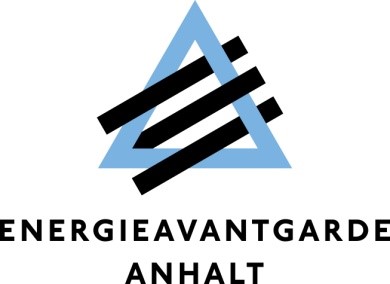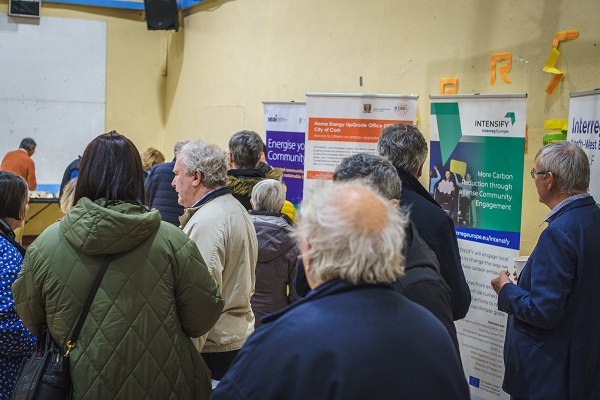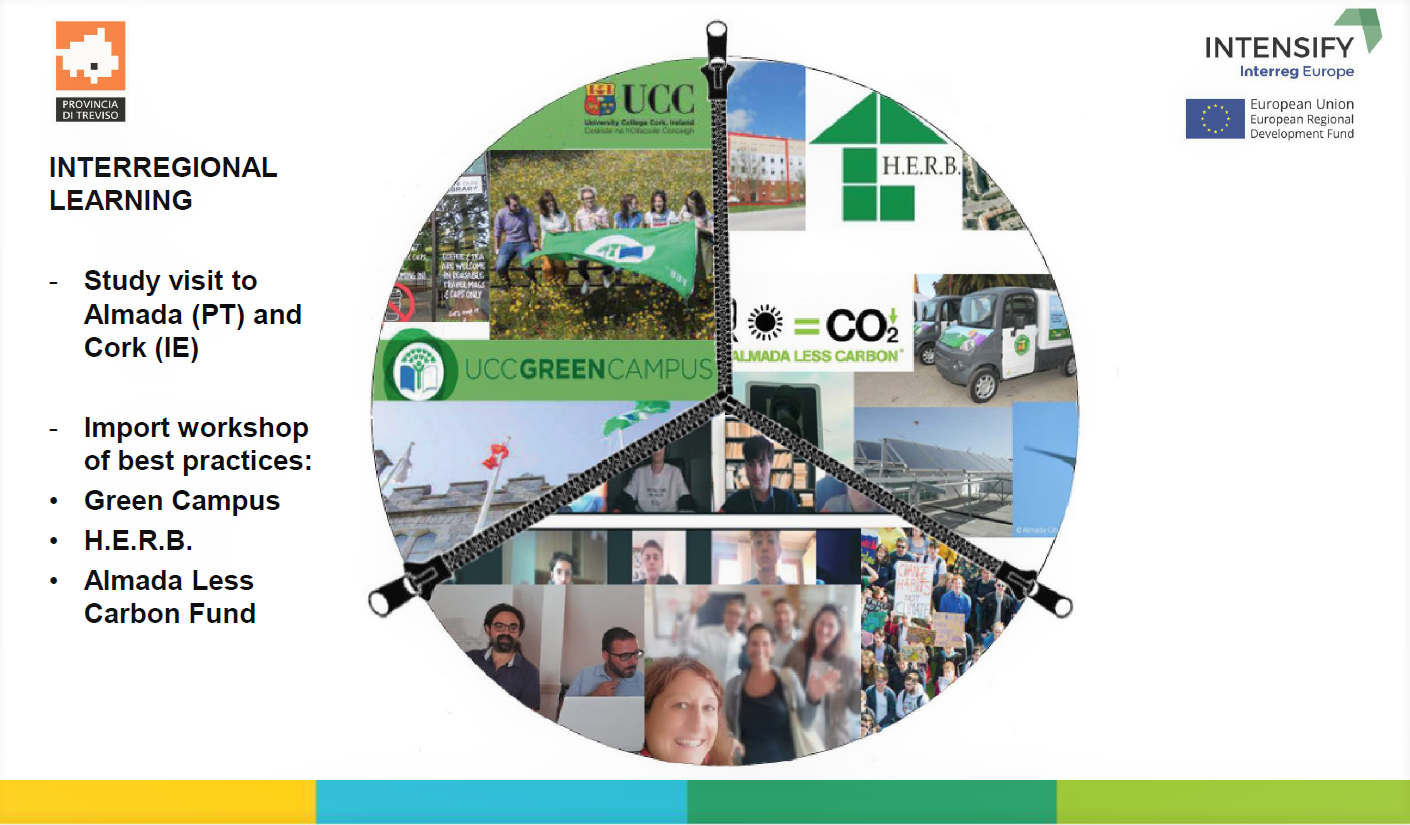Vitoria-Gasteiz adds a new commitment to international sustainability strategies. The Municipal Government has recently approved the adhesion of the City Council to the "Green City Accord, Clean and Health Cities for Europe" (GCA), a new environmental initiative of the European Commission, launched on 22 October 2020, which encompasses the commitment of European cities to safeguard the environment, improving the quality of air, noise, water, conserving and improving nature and biodiversity, and strengthening waste management and the promotion of the circular economy.
By signing the Green City Agreement, Vitoria-Gasteiz shares with other European cities the future vision of cities where, by 2030, its citizens can breathe clean air, enjoy drinking water, have access to parks and green areas and experience lower levels of environmental noise. This vision also includes making the circular economy a reality, making selective sorting at source a regular action of its producers and turning waste into raw materials with economic value.
The mayors of the signatory cities will commit to address the most urgent environmental challenges they face, in close collaboration with citizens, with a greater ambition to make their territories cleaner, healthier and more resource efficient by 2030.
The GCA is an agreement that will provide tools and funding to local governments to achieve the targets. The European Commission will support cities by providing networking opportunities and funding.
The agreement will promote coherence with other European initiatives at local level and support the implementation of the European Green Deal and the Sustainable Development Goals (SDGs), in particular SDG 3: Ensure healthy lives and promote well-being for all at all ages, SDG 6: Ensure availability and sustainable management of water and sanitation for all, SDG 11: Make cities and human settlements inclusive, safe, resilient and sustainable, SDG 12: Ensure sustainable patterns of production and consumption, and SDG 15: Protect, restore and promote sustainable use of terrestrial ecosystems, sustainable forest management, combat desertification and halt and reverse land degradation and halt biodiversity loss.
By adhering to this agreement, cities agree to increase their efforts in 5 key areas by 2030:
- air: a significant increase in the improvement of air quality by moving closer to the World Health Organisation (WHO) air quality guidelines and ending breaches of European Union (EU) air quality standards as soon as possible.
- water: make significant progress on the quality of our water bodies and on water use efficiency.
- nature and biodiversity: make considerable progress in conserving and enhancing our urban biodiversity, by increasing the extent of green spaces in our cities, decreasing the loss of urban biodiversity and restoring their ecosystems.
- circular economy and waste: moving towards the circular economy by ensuring a significant improvement in the management of waste generated by households, a significant reduction in waste generation and landfill and a substantial increase in reuse, repair and recycling.
- noise: a significant reduction in noise pollution in cities, thus approaching the levels recommended by the WHO.
"The objectives of the Green City Agreement, Clean and Healthy Cities for Europe are in line with the environmental objectives of the City Council of Vitoria-Gasteiz, so this adhesion is considered timely and beneficial to make a more sustainable and attractive city for people, advancing in the achievement of the Sustainable Development Goals, and strengthen collaboration with other municipalities committed to these same values and objectives", said the Councillor for Territory and Climate Action, Ana Oregi.
For more information please contact:






